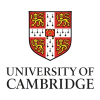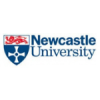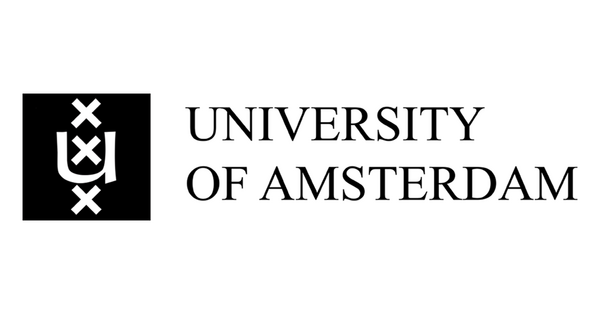Snabbfakta
-
- Grenoble
Ansök senast: 2025-01-25
Research engineer on sustainable 6G Networks H/ F
Description de l'offre
As part of these activities, we are looking for a research engineer to strengthen the team and carry out research and development work in the area of resource allocation, orchestration protocols and optimization for future wireless communication systems (Beyond 5G and 6G), with a strong focus on sustainability. The activities will be fully carried out in the framework of a European flagship project on 6G and sustainability, and on a national funded one on the same topics. The focus of CEA in these projects is on heterogeneous networks comprising communication and compute resources, with the goal of estimating and evaluating how communication can help accessing compute resources at the edge, but also how computing (and especially AI-related workloads) can help communication via the extraction of relevant information (e.g., semantics) for the intended goal of communication. An end-to-end evaluation is fundamental to assess the positive and negative impacts of in-network AI. In this direction, the project has a strong link with the activities on semantic and goal-oriented communication paradigm.
Overall, these future systems will include communication, computing and storage resources as part of the network itself, enabling new applications such as artificial intelligence deployed at the edge of wireless networks (edge intelligence). Beyond energy consumption and efficiency, the use of renewable energy sources integrated into the networks represents an opportunity to reduce their carbon footprint, but also a challenge in terms of managing these resources (which are by definition less reliable and more intermittent than carbon-based resources) jointly with communication and computing.
Modeling these networks and identify gaps with respect to the state of the art will be part of the candidate's activities.
These models and algorithms will take into account service heterogeneity and coexistence, dynamically evolving requirements (e.g. traffic, number of users, QoS), the changing environment and several constraints on energy, latency, energy mix. For example, in the context of edge intelligence, orchestrators will be asked to optimize resources to achieve the best energy-latency compromise under reliability constraints for a machine learning model deployed in edge resources. This means choosing, among others, the association of users to access and computing nodes, as well as beamforming configuration, bandwidth allocation (e.g., between wireless access and backhaul), the level of compression of data transmitted in uplink by users (e.g. vehicles, sensors, etc.), and the portion of computations performed locally to distil data.
As part of this study, the candidate will interact with people in the department who will provide inputs to enrich the study (e.g., realistic channel, energy consumption models, etc.). For example, another activity carried out in the project by another unit is the development of an energy model for radio access networks
Profil du candidat
The mission requires knowledge of wireless communications, but strong knowledge of machine learning and deep learning is required, along with solid experience with Python language (with focus on Machine Learning and Artificial Intelligence, reinforcement learning). Previous experience in the context of energy efficiency in wireless networks will be appreciated, as well as holding a PhD degree. Ability and willingness to work in an international collaborative project, writing papers, patents and deliverables, participating in projects’ meeting and present the activities to the partners is also a plus.
Excellent spoken and written English is required.
Experience on an NS-3 network simulator and mastery of C and C++ languages is a plus.








